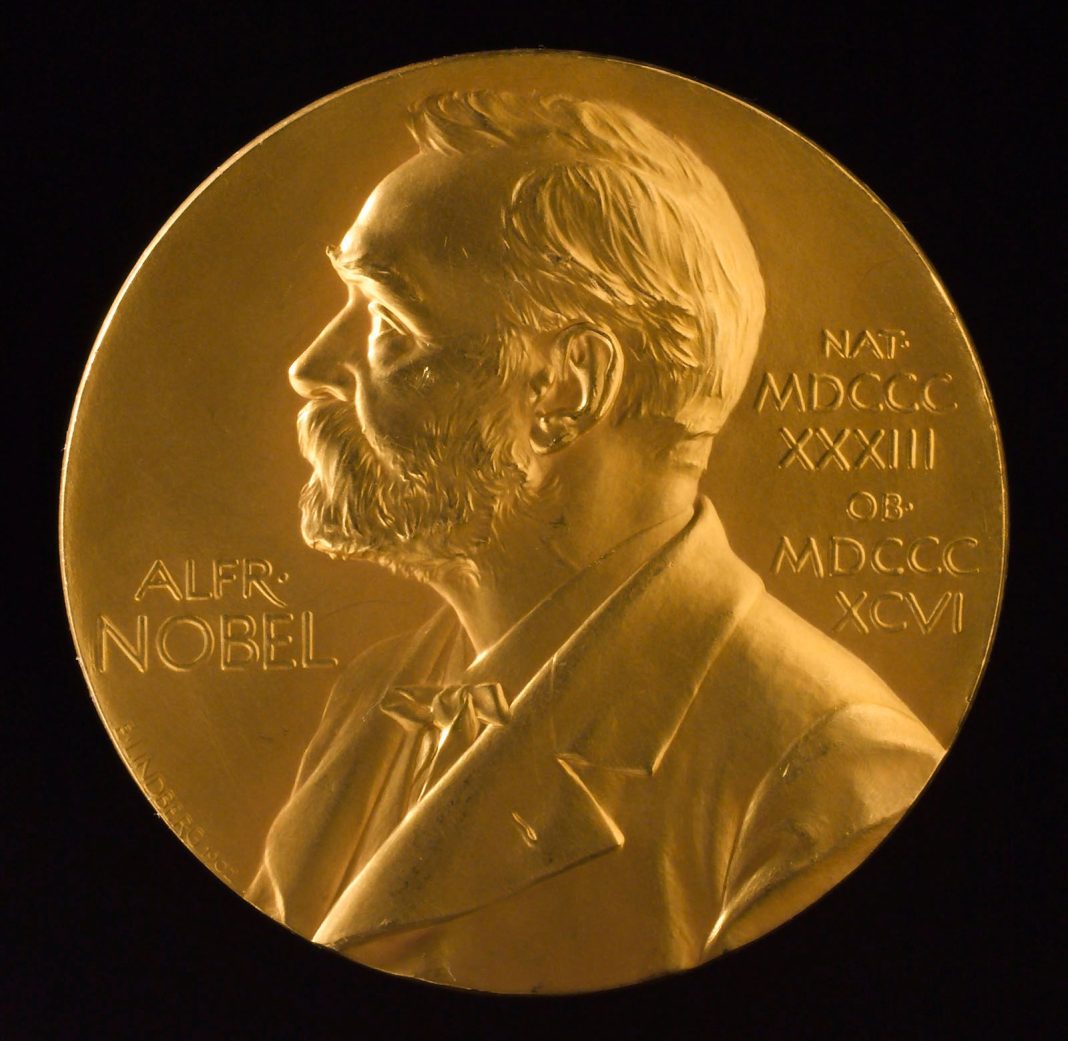Title: Record-Breaking Prisoner Swap Between US and Russia Signals Diplomatic Feat
Introduction:
In a historic prisoner exchange, the United States and Russia have successfully completed their largest swap since the post-Soviet era. The deal involved the release of journalist Evan Gershkovich, American Paul Whelan, and other dissidents, marking a significant diplomatic achievement amidst strained US-Russia relations. This narrative will delve into the details of the swap, analyze its implications, and shed light on the challenges and criticisms associated with such exchanges.
The United States and Russia Overcome Tensions for a Multinational Deal:
Despite the lowest point in US-Russia relations since the Cold War due to Russia’s invasion of Ukraine, negotiators managed to broker a 24-person deal that secured the release of several wrongfully detained individuals. The negotiations initially explored the inclusion of Russian opposition leader Alexei Navalny, but his untimely death led to a different arrangement that required substantial concessions from European allies.
A Triumph for American Diplomacy:
President Joe Biden and Vice President Kamala Harris welcomed the released prisoners, including Gershkovich, Whelan, and Alsu Kurmasheva, at Joint Base Andrews in Maryland. Biden hailed the swap as a diplomatic feat and emphasized his commitment to protecting Americans both at home and abroad. The emotional reunion showcased the significance of securing the return of wrongfully detained citizens.
The Imbalance and Controversy Surrounding the Swap:
While the prisoner swap was celebrated as a victory, it highlighted an inherent imbalance. The US and its allies released Russian individuals charged with serious crimes, including espionage, in exchange for the freedom of journalists, dissidents, and political prisoners. Critics argue that these exchanges incentivize future hostage-taking and give adversaries leverage over the US and its allies.
The Released Individuals and Their Stories:
Among those freed were Gershkovich, a reporter for The Wall Street Journal, and Whelan, a corporate security executive from Michigan, who were both convicted of espionage charges that they and the US government vehemently denied. Kurmasheva, a journalist with Radio Free Europe/Radio Liberty, was convicted of spreading false information about the Russian military. The release also included prominent Kremlin critic Vladimir Kara-Murza and associates of Navalny.
Additional Players and Countries Involved:
The swap encompassed a multinational effort, with six countries participating in the exchange. Notably, Russia received individuals from Germany, Slovenia, and the US, including a convicted computer hacker and a suspected Russian intelligence operative. The involvement of Turkey, which hosted the location for the swap in Ankara, further underscored the collaborative nature of the operation.
The Debate Surrounding Prisoner Swaps:
While the Biden administration has successfully secured the release of over 70 Americans detained in other countries, criticism persists regarding the potential repercussions of these exchanges. Some argue that they create incentives for future hostage-taking and undermine the US position. However, proponents, including the US government’s top hostage negotiator, Roger Carstens, argue that the number of wrongfully detained Americans has decreased despite the increase in swaps.
The Need for Change:
Acknowledging the ongoing debate, Emma Tucker, the Editor-in-Chief of The Wall Street Journal, called for a change in the dynamic surrounding prisoner swaps. She emphasized the importance of removing the incentive for countries like Russia to use innocent people as pawns in geopolitical games.
Conclusion:
The record-breaking prisoner swap between the US and Russia stands as a testament to the power of diplomacy and international collaboration. Despite strained relations, negotiators managed to secure the release of wrongfully detained individuals, including journalists, dissidents, and political prisoners. While debates about the potential consequences of such swaps persist, the return of Gershkovich, Whelan, and others serves as a glimmer of hope for those wrongfully detained abroad.


